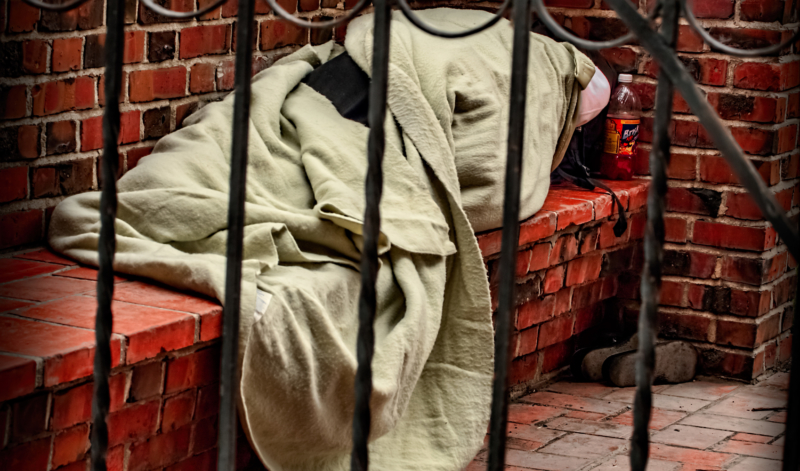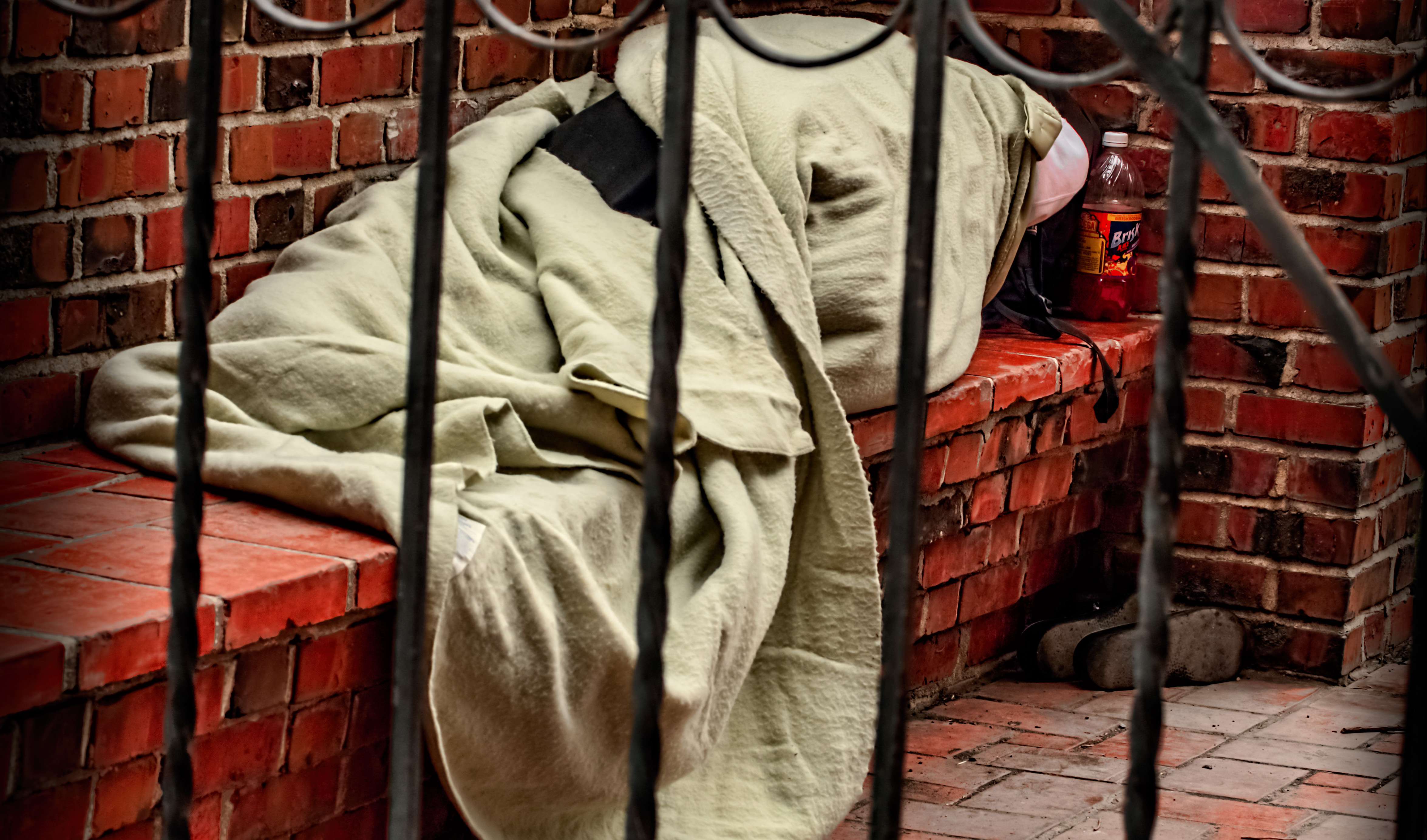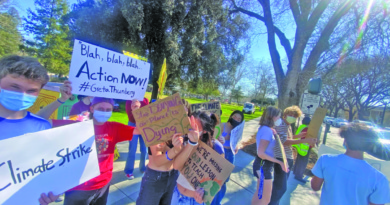OPINION: Housing First — Questions Later

By Albert Hu,
BlueDevilHUB.com Editor–
Now more than ever, America needs to provide adequate permanent housing for those who are homeless. According to statistics from The National Alliance to End Homelessness, every night, there are around 600,000 individuals in America sleeping without shelter.
Clearly, emergency shelter programs offered by organizations like Davis Community Meals are simply not enough. These temporary programs only allow the Homeless to stay for a maximum of seven days; and once their time is up, they are back on the streets. The same holds true for transitional housing programs; if the homeless aren’t able to find a job in time to support themselves, then back on the street they go.
And Section Eight? The program, designed to subsidize rent for low income Americans, serves only about 25 percent of eligible households, all while forcing the poor into segregated ghettos.
We cannot allow this inhumane and outright egregious abandonment of American citizens to continue. Housing is a prerequisite for security—it protects you from the elements, provides privacy and allows you to be human.
Thus, without housing, homeless people cannot experience basic quality of life. The International Women’s Human Rights Clinic writes, the homeless “are forced to forgo basic necessities, like food and health care” and are “denied the right to obtain employment, the right to an education [and] the right to be free of violence.”
While it’s universally agreed that homelessness is not a good thing, many believe that it’s simply unfeasible to provide permanent housing to every single homeless person.
However, it’s more than feasible. In fact, providing the homeless with permanent housing instead of temporary shelters actually saves the government tens of thousands of dollars in hidden costs. Here’s why:
In the status quo, the chronically homeless cost the government tens of thousands of taxpayer dollars in incarceration fees, health care costs and emergency room visits. After tallying these costs, a North Carolina study found that they could save about two million dollars per year by providing a rent-free apartment for the homeless to live in, instead of allowing them to stay on the street.
As expected, along with the savings came a dramatic reduction in hospital visits, time in jail and less trouble with the law for the homeless.
The study, and many more like it, have spurred a homeless assistance approach dubbed “Housing First.” Their philosophy is to provide the homeless with a house before anything else, then following through with mental health services and other basic support.
When implemented, they have had nothing but positive results. For example, in Utah, implementing Housing First led to a homelessness rate of effectively zero, with savings of $8,000 per homeless person.
Simply put, if we can save lives and provide the homeless with a house—while saving money in the process—what’s stopping us?
President Franklin D. Roosevelt once said, “The test of our progress is not whether we add more to the abundance of those who have much; it is whether we provide enough for those who have too little.”
It’s vital that we look towards the humanity in all of us, and heed his words.



